|
Hello! My name is Lei Tong (Chinese: 童磊), and I am a Research Fellow at the Centre for Artificial Intelligence (CAI) in Data Science & Artificial Intelligence at AstraZeneca (UK), working with Dr. Chen Jin and Dr. Philip Teare. My research focuses on Large Multimodal Generative Models, Deep Causal Learning, and Biomedical Image Analysis. I obtained my Ph.D. from University of Leicester. Additionally, I collaborate with Dr. Yinhai Wang and Dr. Adam Corrigan from Data Sciences and Quantitative Biology, Discovery Sciences, AstraZeneca. My previous research involved Deep Learning for Unbiased Representation in Cellular Microscopy Imaging. CV / Google Scholar / Linkedin / Github Email: lei.tongml01@gmail.com |
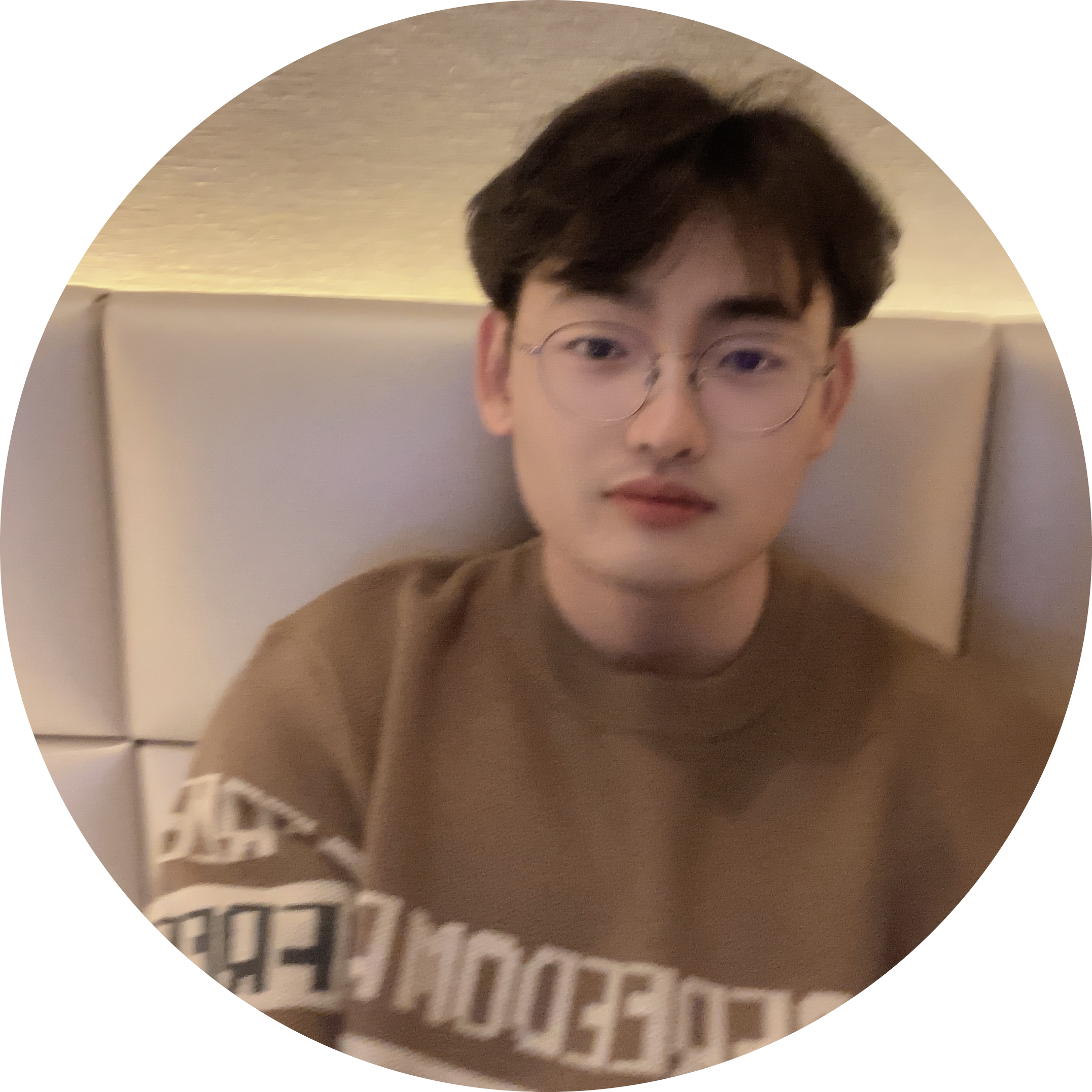
|
|
|
My research is focusing on computer vision and machine learning, especially in biomedical image analysis, domain generalization and ensemble learning. |
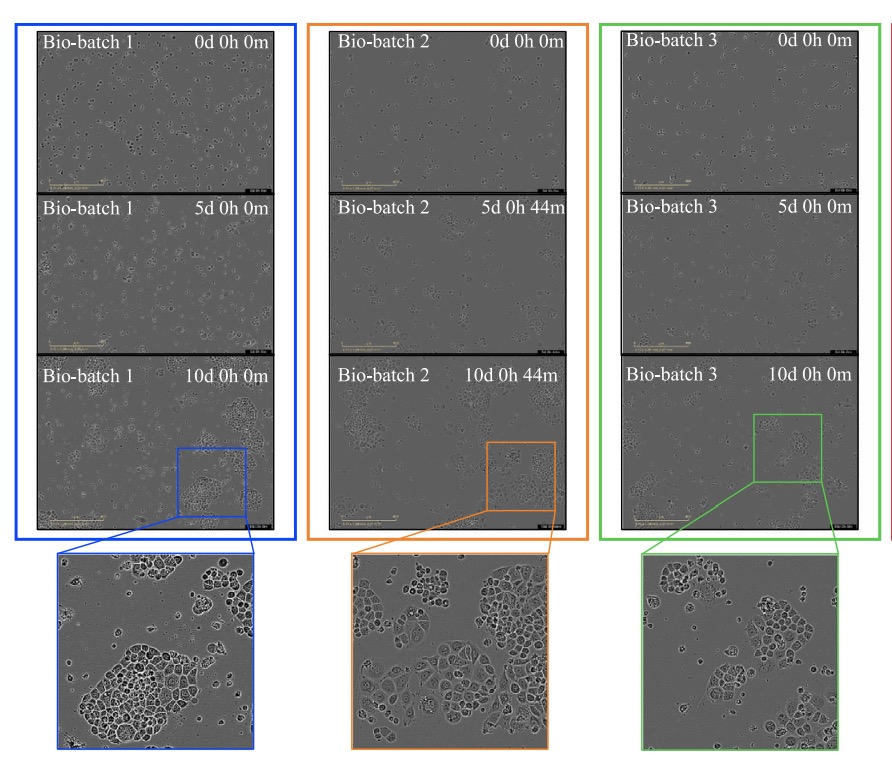
|
Lei Tong, Adam Corrigan, Navin Rathna Kumar, Kerry Hallbrook, Jonathan Orme, Yinhai Wang, Huiyu Zhou Medical Image Analysis, 2024 code and dataset In this research, we introduce an innovative approach aimed at minimizing bias across varying bio-batch images by identifying and addressing batch effects in three distinct categories. The outcomes of our study are particularly noteworthy, as they demonstrate that our method diverges from traditional batch correction techniques. Notably, our strategy maintains the discriminative information inherent in bio-batches, while simultaneously improving the distinguishability between different cell lines. |
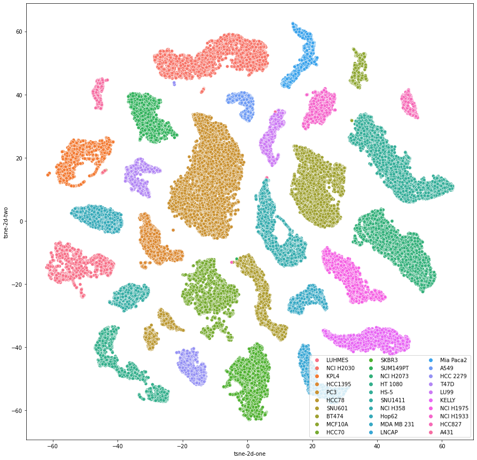
|
Lei Tong, Adam Corrigan, Navin Rathna Kumar, Kerry Hallbrook, Jonathan Orme, Yinhai Wang, Huiyu Zhou Scientific Reports, 2022 code In this work, we tansform AI techniques to authentication cell lines. The results can prove our AI method has potentials to complement STR profiling. |
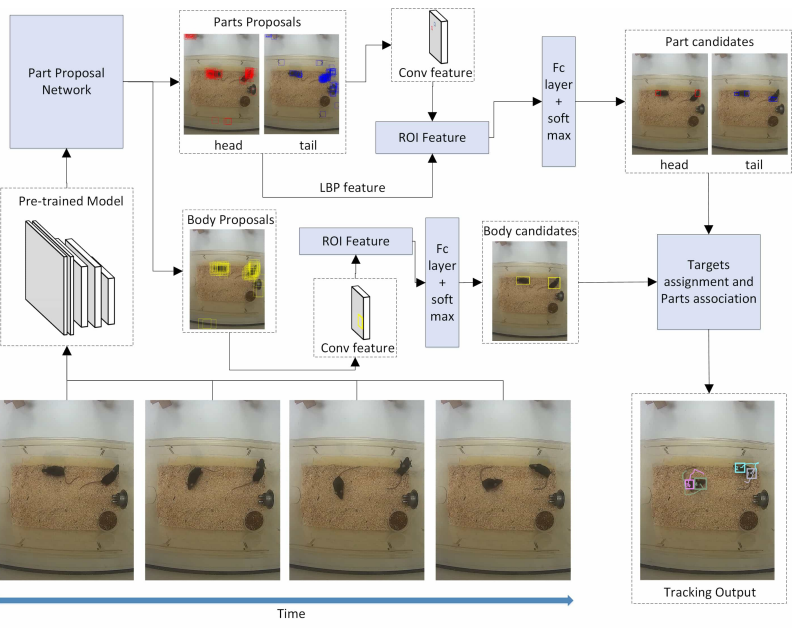
|
Zheheng Jiang, Zhihua Liu, Long Chen, Lei Tong, Xiangrong Zhang, Xiangyuan Lan, Danny Crookes, Ming-Hsuan Yang, Huiyu Zhou IEEE Trans. on Neural Networks and Learning Systems, 2022 code / arXiv A novel method to continuously track several mice and individual parts without requiring any specific tagging. |
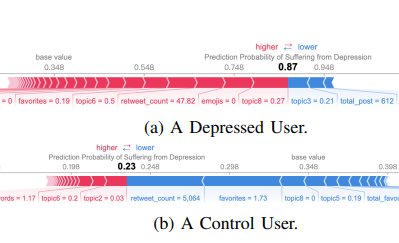
|
Lei Tong, Zhihua Liu, Zheheng Jiang, Feixiang Zhou, Long Chen, Jialin Lyu, Xiangrong Zhang, Qianni Zhang, Abdul Sadka, Yinhai Wang, Ling Li, Huiyu Zhou IEEE Trans. on Affective Computing, 2022 code / arXiv A novel classifier, namely, Cost-sensitive Boosting Pruning Trees (CBPT), which demonstrates a strong classification ability on two publicly accessible Twitter depression detection datasets.. |
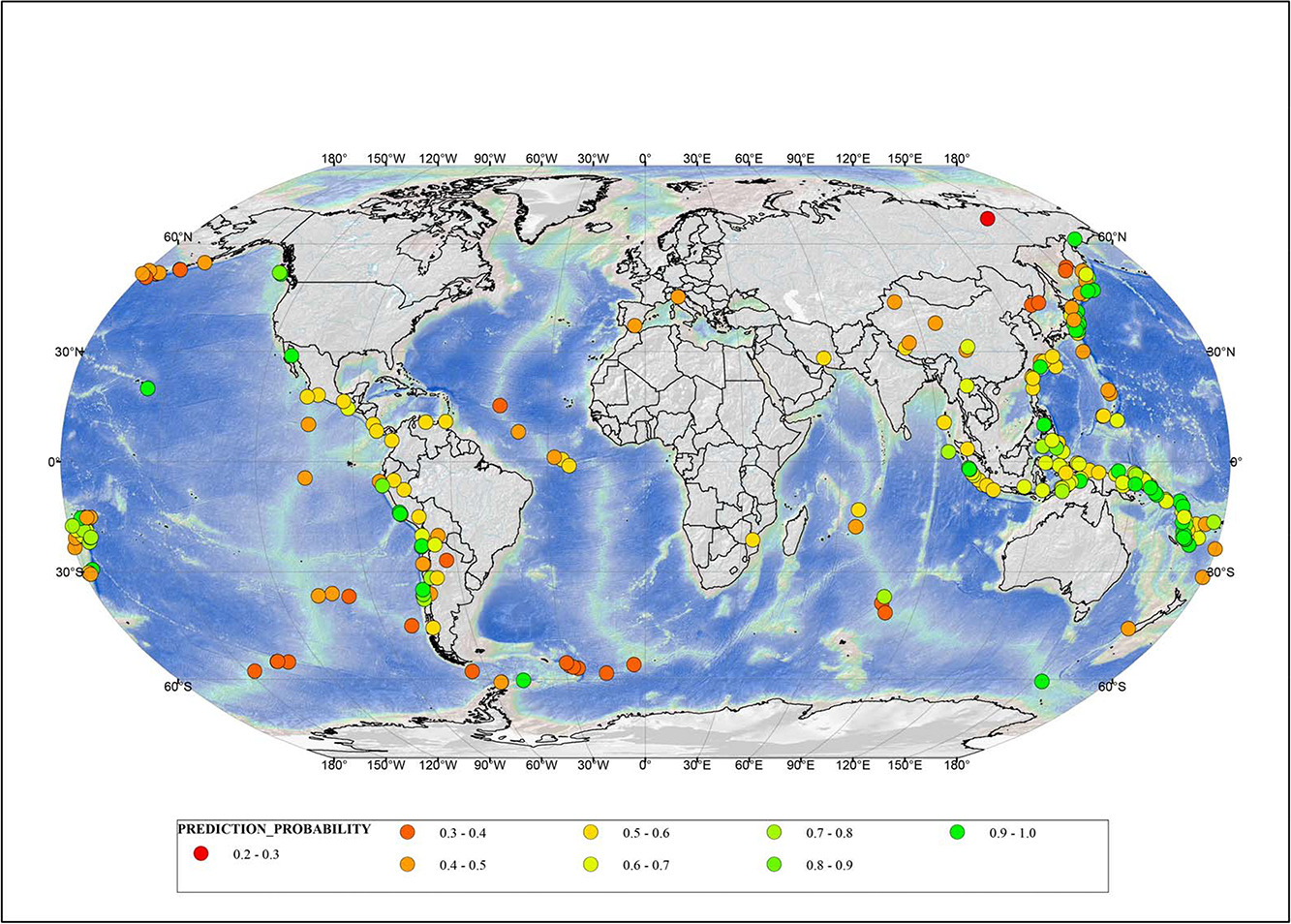
|
Pan Xiong, Lei Tong, Kun Zhang, Xuhui Shen, Roberto Battiston, Dimitar Ouzounov, Roberto Iuppa, Danny Crookes, Cheng Long, Huiyu Zhou Science of The Total Environment, 2021 code An AdaBoost-based ensemble framework is proposed to forecast earthquake. Our results support a Lithosphere-Atmosphere-Ionosphere Coupling during earthquakes. |
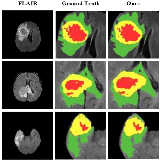
|
Zhihua Liu, Lei Tong, Long Chen, Feixiang Zhou, Zheheng Jiang, Qianni Zhang, Yinhai Wang, Caifeng Shan, Ling Li, Huiyu Zhou IEEE Trans. on Medical Imaging, 2021 code / arXiv A novel approach named Context-Aware Network (CANet) for brain glioma segmentation. |

|
Feixiang Zhou, Zheheng Jiang, Zhihua Liu, Fang Chen, Long Chen, Lei Tong, Zhile Yang, Haikuan Wang, Minrui Fei, Ling Li, Huiyu Zhou IEEE Trans. on Circuits and Systems for Video Technology, 2021 code / arXiv A novel Hourglass network based model, namely Graphical Model based Structured Context Enhancement Network (GMSCENet), quantifies mouse pose estimation from videos. |
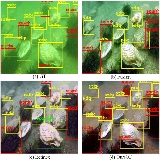
|
Long Chen, Zheheng Jiang, Lei Tong, Zhihua Liu, Aite Zhao, Qianni Zhang, Junyu Dong, Huiyu Zhou IEEE Trans. on Circuits and Systems for Video Technology, 2020 code / arXiv In this paper, we propose two perceptual enhancement models, each of which uses a deep enhancement model with a detection perceptor. The detection perceptor provides coherent information in the form of gradients to the enhancement model, guiding the enhancement model to generate patch level visually pleasing images or detection favourable images. |
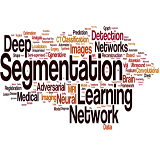
|
Zhihua Liu, Lei Tong, Zheheng Jiang, Long Chen, Feixiang Zhou, Qianni Zhang, Xiangrong Zhang, Yaochu Jin, Huiyu Zhou arXiv, 2020 code / arXiv Considering stateof-the-art technologies and their performance, the purpose of this paper is to provide a comprehensive survey of recently developed deep learning based brain tumor segmentation techniques. |
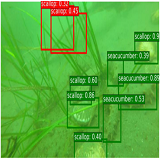
|
Long Chen, Zhihua Liu, Lei Tong, Zheheng Jiang, Shengke Wang, Junyu Dong, Huiyu Zhou International Joint Conference on Neural Networks (IJCNN), 2020 code / arXiv Sample-WeIghted hyPEr Network (SWIPENet) for underwater small object detection. |
|
|
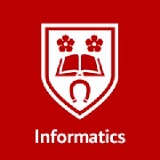 |
2020-2023
CO7214 Service-Oriented Architecture CO7095 Software Measurement and Quality Assurance CO4105 Advanced C++ Programming CO3002 Analysis and Design of Algorithms CO2102 Database and Domain Modelling CO1105 Introduction to Object Oriented Programming |
|
© Lei Tong | Last updated: May 2025 |